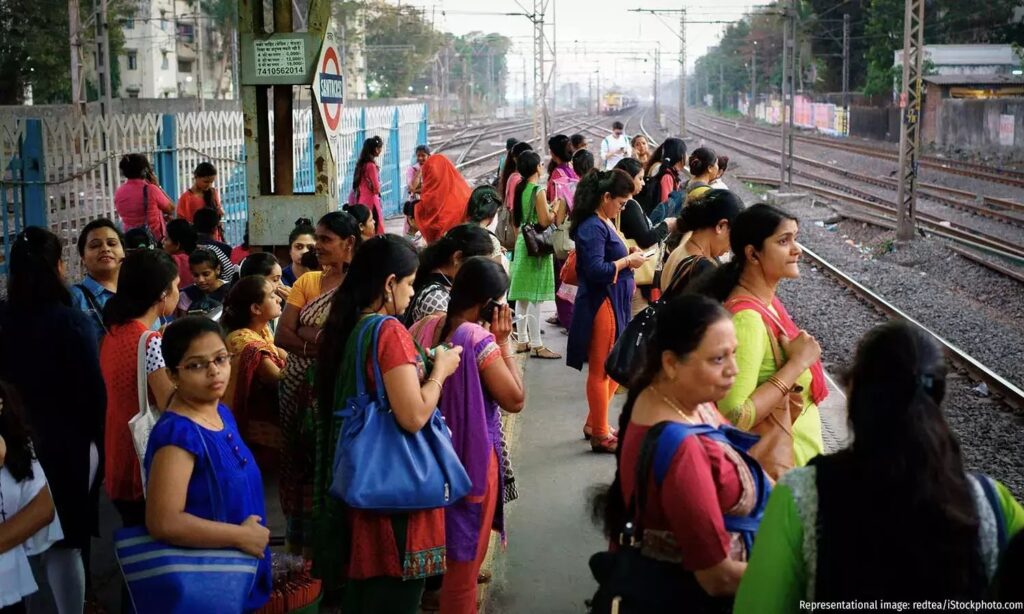Why Can’t We Treat Our Women Better?
Jan 12, 2024 | Shalini Rai
From your looks to your sexual agency, everything is open to prejudiced scrutiny and unfettered ridicule for a woman in our country. From comments on the choice to remain celibate to judging your fiduciary priorities, people 'close' to you, relatives and even virtual strangers believe they have the right to comment upon and judge you constantly
A case involving fratricide has again shone the spotlight on deep-seated misogyny in India. The incident involves a woman CEO who is accused of strangulating her four-year-old son. As soon as news came in regarding the gruesome murder, media outlets began their usual tirade by branding the woman ‘monster mom’.
Even before all the facts of the case have emerged in the public domain, 39-year-old Suchana Seth has become a terribly-hated human being in the eyes of the general public in India. What role her husband played in the lives of Suchana and her son, what kind of responsibility, if any, he bears for the turn of events, has not been accorded concomitant scrutiny.
This case is symptomatic of the malaise of misogyny in our country. Similar incidents in the past have highlighted the readiness of legacy media and the general public — which is disproportionately influenced by that media and its narrative-building — to paint a woman as a monster in such cases.
The case involving the death of Sheena Bora, daughter of Indrani Mukerjea and step-daughter of Peter Mukerjea is another that comes readily to mind. In this case too, the blame for the death of her daughter Sheena was laid squarely on Indrani’s doorstep and the role of other parties involved was either not given equal importance or not considered salacious enough.
Day in and day out, TV channels harped on the role played by Indrani, an ‘ambitious’ woman who left her native provincial town to attempt to ‘make it big’ in Mumbai. Along the way, she was accused of a litany of ‘wrongs’ and painted as a ‘go-getter’ who would stop at nothing to achieve her ambition.
Incongruously, similar treatment was not reserved for Peter Mukerjea, a well-known, high-profile TV executive born in the UK and now settled in India. Both Peter and Indrani had second marriages but only Indrani’s conjugal history was brought up, splashed and vicariously examined threadbare.
That it is tough being a woman in our country is a fact hidden from no one. Things get tougher if you are also opinionated, ambitious and determined to make your way to the top of your chosen field of work.
Accusations of ‘boundless ambition’, ‘putting your career before your family’ and ‘ruthlessness’ are par for the course for any women who find themselves gravitating towards a career-oriented approach over the promised stability of a family-oriented outlook towards life.
Anything goes and nothing is out of bounds. From your looks to your sexual agency, everything is open to prejudiced scrutiny and unfettered ridicule. From comments on the choice to remain celibate to judging your fiduciary priorities, people ‘close’ to you, relatives and even virtual strangers believe they have the right to comment upon and judge you constantly.
Unless you fit the oft-promoted ideal of an ‘Indian woman’ — expertly balancing work and home while strictly adhering to social norms and acceptability — you are bound to ruffle the feathers of those who consider themselves the ‘powers-that-be’ both in your life and in that of those alike you.
